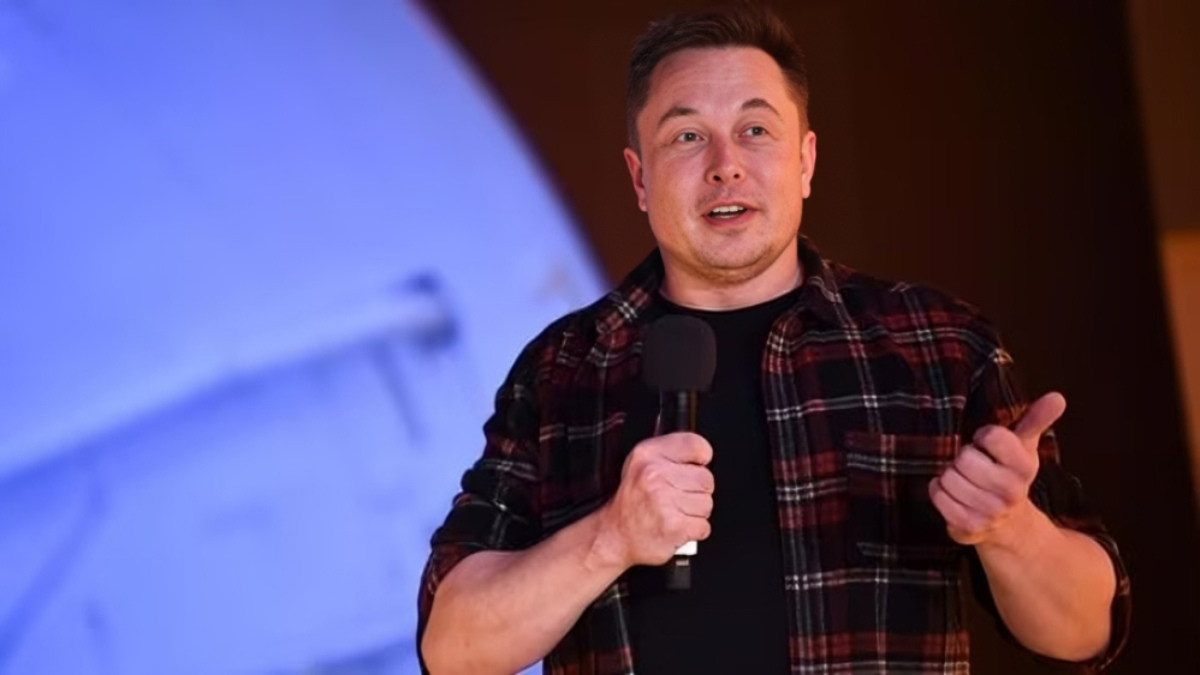Elon Musk, the wealthiest individual in the world, recently advocated for India to obtain a permanent position within the United Nations Security Council (UNSC), the primary international affairs body of the United Nations.
In a recent post on X, Musk expressed his disbelief at the fact that India, despite being the most populous country on Earth, does not hold a permanent seat on the Security Council. He described this situation as absurd. India has been a strong contender for permanent membership in the UNSC and has expressed dissatisfaction with the lack of progress in discussions regarding Security Council reform. Currently, the UNSC is composed of five permanent members and ten non-permanent members, who are elected for two-year terms by the UN General Assembly.
The veto power over any significant resolution is held by the five permanent members, namely Russia, the UK, China, France, and the United States.
The world’s richest billionaire expressed concern over the reluctance of those in positions of power to relinquish it. In contrast, the UN secretary-general, António Guterres, has been advocating for reforms within UN institutions. He believes that these institutions should reflect the realities of today’s world rather than those of 80 years ago. Guterres highlighted the upcoming Summit of the Future as an opportunity to discuss global governance reforms and rebuild trust. He also questioned why Africa still lacks a permanent membership in the UN. In response to Guterres’ statement, venture capitalist Michael Eisenberg suggested dismantling the United Nations and creating a new organization with stronger leadership. Elon Musk, in turn, emphasized the importance of Africa having a permanent seat in the UN. The United Nations General Assembly has scheduled the Summit of the Future, titled “Summit of the Future: Multilateral Solutions for a Better Tomorrow,” to be held on September 22-23. The summit aims to adopt an action-oriented Outcome Document called the Pact for the Future. It may also explore the establishment of a UN Special Envoy for Future Generations and discuss other institutional reforms and initiatives.

